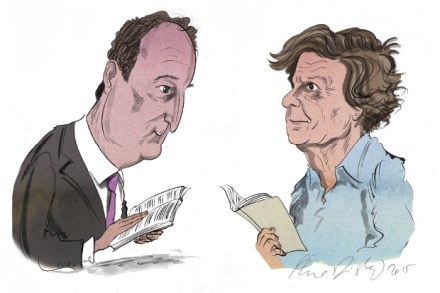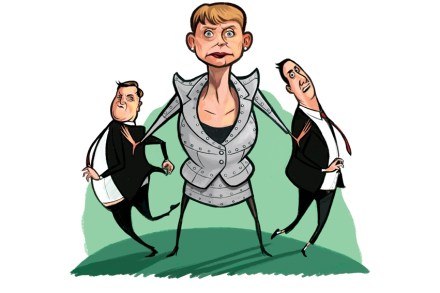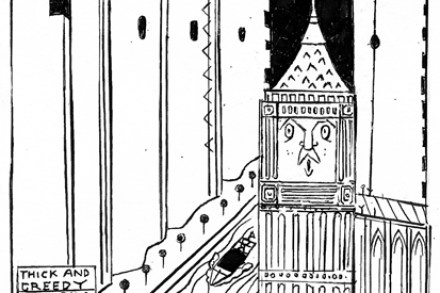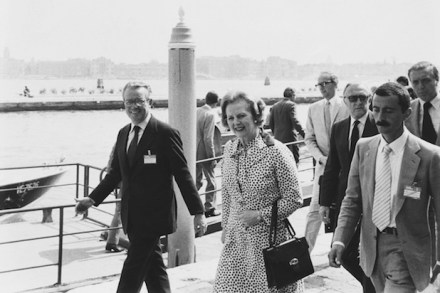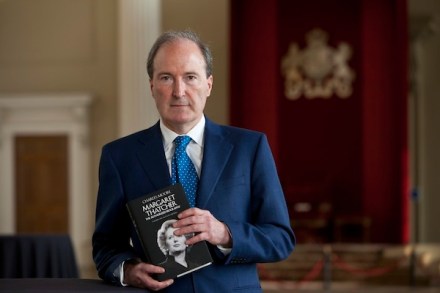Letters | 14 January 2016
Borderline case Sir: Alex Massie (‘The painful truth for Ruth’, 9 January) correctly identifies the challenges facing the Scottish Conservatives. But he is wrong to say it will ‘never’ be the moment for a Tory revival. Tax devolution is a game-changer. For the first time in years, the Conservative party gets to fight a Scottish battle on its strengths of economic competence; meanwhile, the SNP finally gets to demonstrate how to eliminate austerity and raise public spending — all without raising taxes. (In a low oil-price environment.) Toxic Tories? Not half as toxic as Labour are now. Post-referendum, voter positions are deeply entrenched and a party that can’t even agree on

